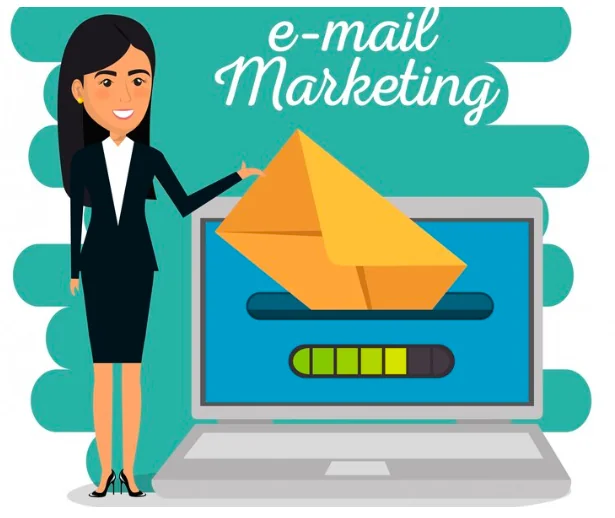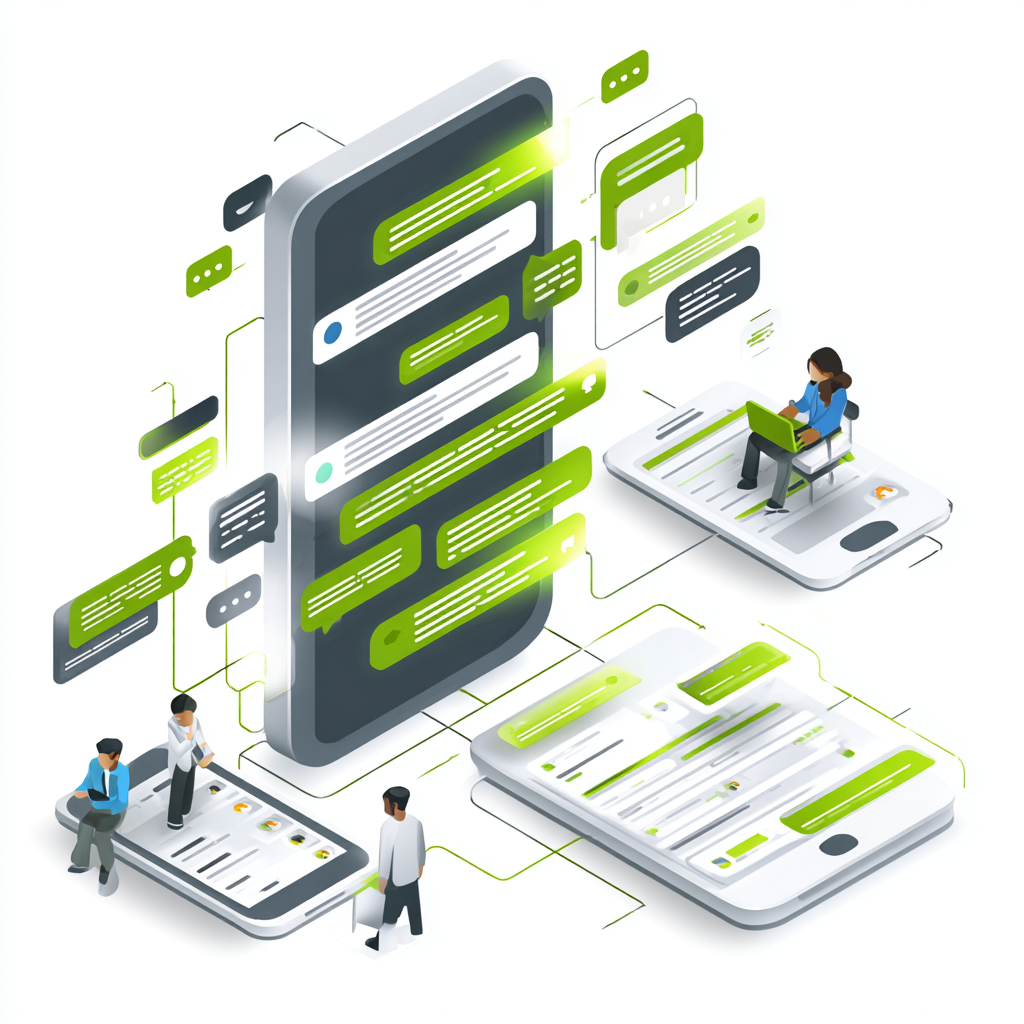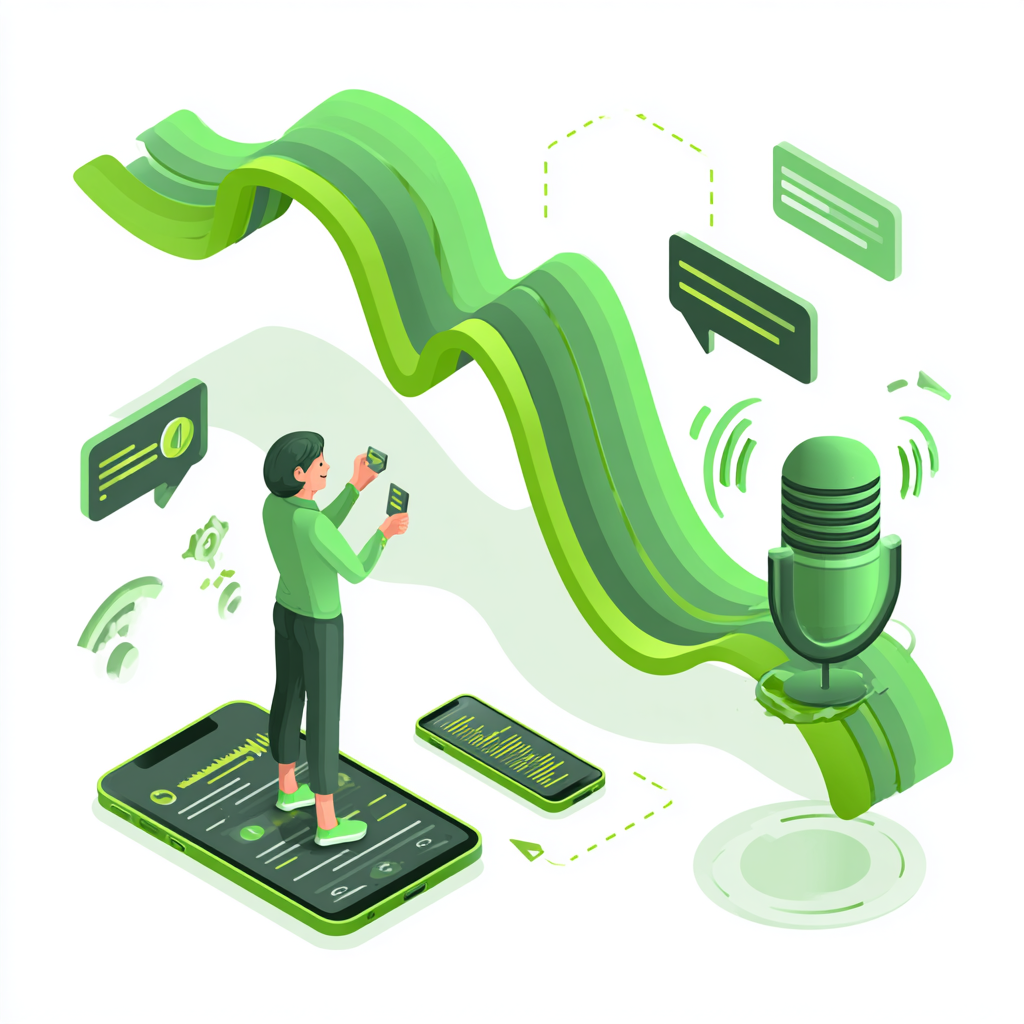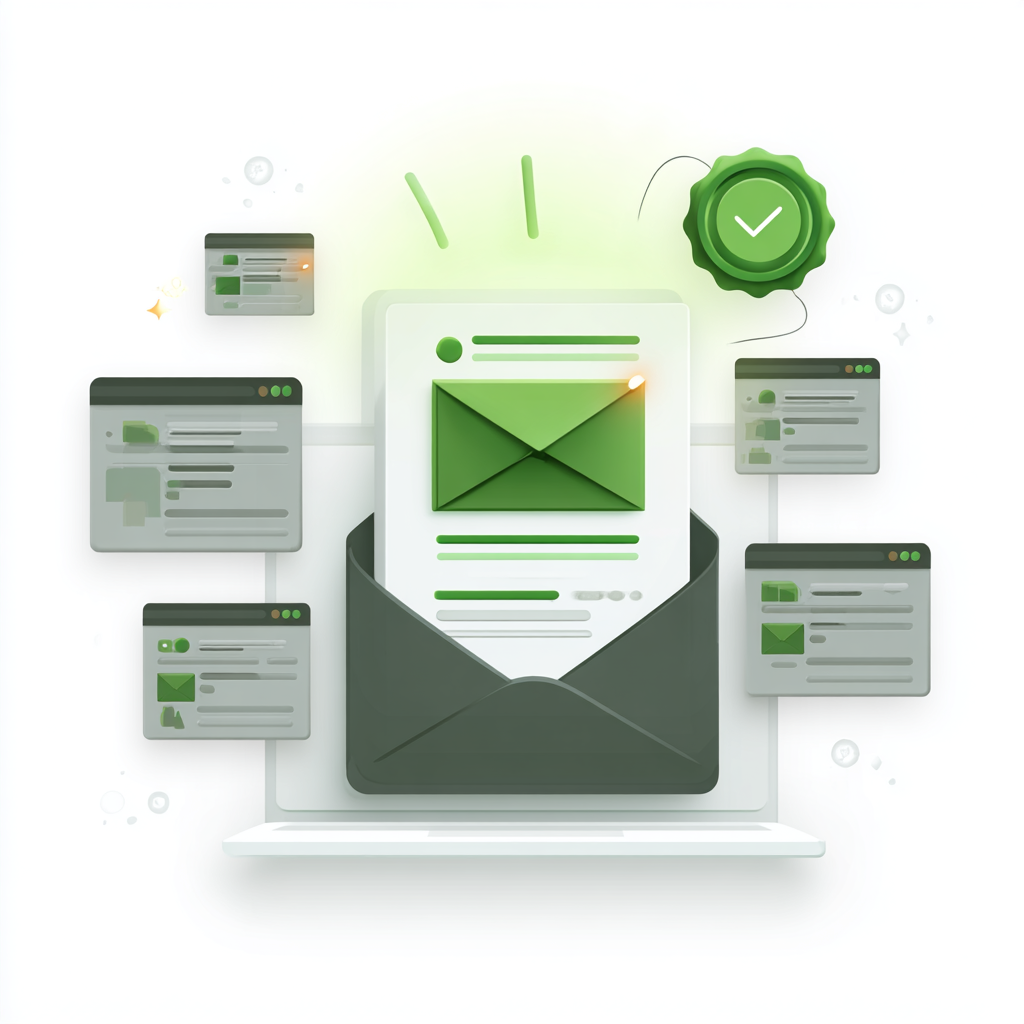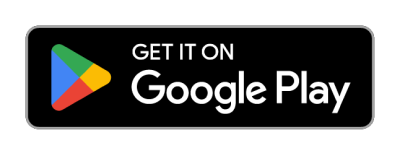Email marketing is a great way for coaches to grow their businesses, connect with potential clients, and build lasting relationships. Unlike social media, emails go directly to their audience without worrying about algorithms. This helps them control their communication and reach people genuinely interested in their services.
With the right approach, email marketing can turn leads into loyal clients. This guide will show you simple and effective ways to use email marketing for your coaching business and maximize its benefits.
Why email marketing matters for coaches
Email marketing for coaches matters for the following reasons:
- Direct connection: Stay in touch with potential and current clients without social media algorithm restrictions.
- Higher engagement: Email subscribers will likely engage with your content and services.
- Cost-effective: A well-planned email campaign generates high ROI.
- Personalization: Customize messages based on client needs and progress
How email marketing helps your coaching business
Here is a closer look at how email marketing for coaches helps to deliver results:
1. Establishes authority in your niche
Sharing helpful tips, success stories, and advice in emails makes people see you as a knowledgeable and trusted coach.
2. Strengthens relationships with subscribers
Emails let you connect with your audience personally. Using their name and addressing their goals makes them feel valued and builds trust.
3. Educate and nurture leads
You can teach people about your services through a series of emails. For example, a fitness coach might send a five-day email series on “Overcoming Fitness Challenges” to help potential clients.
4. Drives client engagement
Emails encourage people to take action, such as booking a free call, joining a webinar, or downloading a resource, bringing them closer to becoming paying clients.
5. Encourages clients to return
Regular emails remind past clients about your services. You can offer discounts, introduce new programs, or simply reconnect to encourage them to return.
6. Provides measurable results
Unlike other marketing methods, you can see who opens your emails, clicks links, and takes action. This helps you improve your emails over time.
7. Builds community among subscribers
Email makes your subscribers feel like part of a group. Sharing motivational messages or success stories strengthens your bond with your audience.
Key email marketing strategies for coaches
Key strategies for email marketing include:
1. Grow your email list
- Offer free resources like e-books, checklists, or mini-courses.
- Add sign-up forms to your website and social media.
- Collect emails during webinars or live events.
2. Create engaging emails
- Write in a friendly, personal tone.
- Use clear subject lines and greetings.
- Keep emails short and to the point.
- Always include a clear call-to-action (CTA).
3. Types of emails to send
- Welcome email: Introduce yourself and what to expect.
- Helpful tips: Share insights, advice, and strategies.
- Client success stories: Show real-life results to build trust.
- Special offers: Promote discounts, free sessions, or new services.
- Newsletter updates: Keep clients informed about new content and events.
4. Pick the right email marketing tool.
- Arkesel: With its user-friendly interface and powerful automation tools, Arkesel makes it easy for coaches to set up and manage email campaigns. It also offers
- Mailchimp: Easy to use, great for beginners.
- ConvertKit: Perfect for automation and audience segmentation.
- ActiveCampaign: Advanced features for detailed tracking and automation.
Tips for structuring your emails
Identify the essential email types that keep your subscribers engaged and informed. They include:
- Use short paragraphs and bullet points for readability.
- Include images, but keep the focus on your message.
- End with a personalized sign-off and contact details.
Strategies to increase email performance
Implement these proven tactics to optimize your email marketing efforts.
1. Growing your email list with proven tactics
- Host free challenges or giveaways to attract new subscribers.
- Collaborate with other coaches or influencers to cross-promote email lists.
- Include a referral program, rewarding current subscribers for bringing in new leads.
2. Boosting email open rates and engagement
- Test different send times to see when your audience is most active.
- Use A/B testing for subject lines, content, and CTAs.
- Keep your tone professional yet conversational to build rapport.
3. Automating your email campaigns
Save time with automation by:
- Setting up a welcome email sequence that introduces your services.
- Automating follow-ups after free consultations.
- Scheduling newsletters to go out on specific days.
Mistakes to avoid in email marketing for coaches
Prevent common email marketing errors that could hurt your success like:
- Overloading emails with too much information: Emails should focus on one clear message. Readers become overwhelmed and disengage when you cram too much into one email. For example, mixing tips on coaching and fitness and the sender can confuse your audience.
- Sending irregularly: An inconsistent email schedule can cause you to lose momentum with your audience. If you send emails sporadically, recipients may forget who you are or lose interest.
- Ignoring email marketing laws: Compliance with email marketing regulations is essential. Failure to include an unsubscribe link or sending unsolicited emails can damage your reputation.
- Using generic, non-personalized messages: Generic emails often feel impersonal and may be ignored. This can negatively impact open and click rates.
- Neglecting to test emails before sending: Testing emails before sending them to your list is crucial. Broken links, formatting errors, or typos can harm your credibility.
Tracking and measuring email success
Tracking specific metrics is essential to refine your email marketing strategy and improve your results. Here is why these metrics matter:
- Open rate: The open rate measures the percentage of recipients who open your email.
- Click-through rate (CTR): CTR tracks how many recipients clicked on links within your email. A high CTR means your email motivated action.
- Conversion rate: The conversion rate measures the percentage of recipients who completed a desired action, such as booking a session.
- Bounce rate: The bounce rate shows the percentage of undelivered emails. High bounce rates can hurt your sender’s reputation.
- Unsubscribe rate: The unsubscribe rate tracks how many recipients opt out of your emails. Monitor this metric and adjust your frequency or content to keep your audience engaged and satisfied.
Master email marketing to elevate your coaching business
Email marketing for coaches helps attract clients, build strong relationships, and grow your coaching business. By sharing valuable content regularly, you position yourself as an expert and stay connected with your audience. Start by growing your email list, sending personalized messages, and automating your emails to save time.
Each email is a chance to educate, inspire, and convert potential clients. Choose an email platform and create a free resource to attract your ideal clients today!
